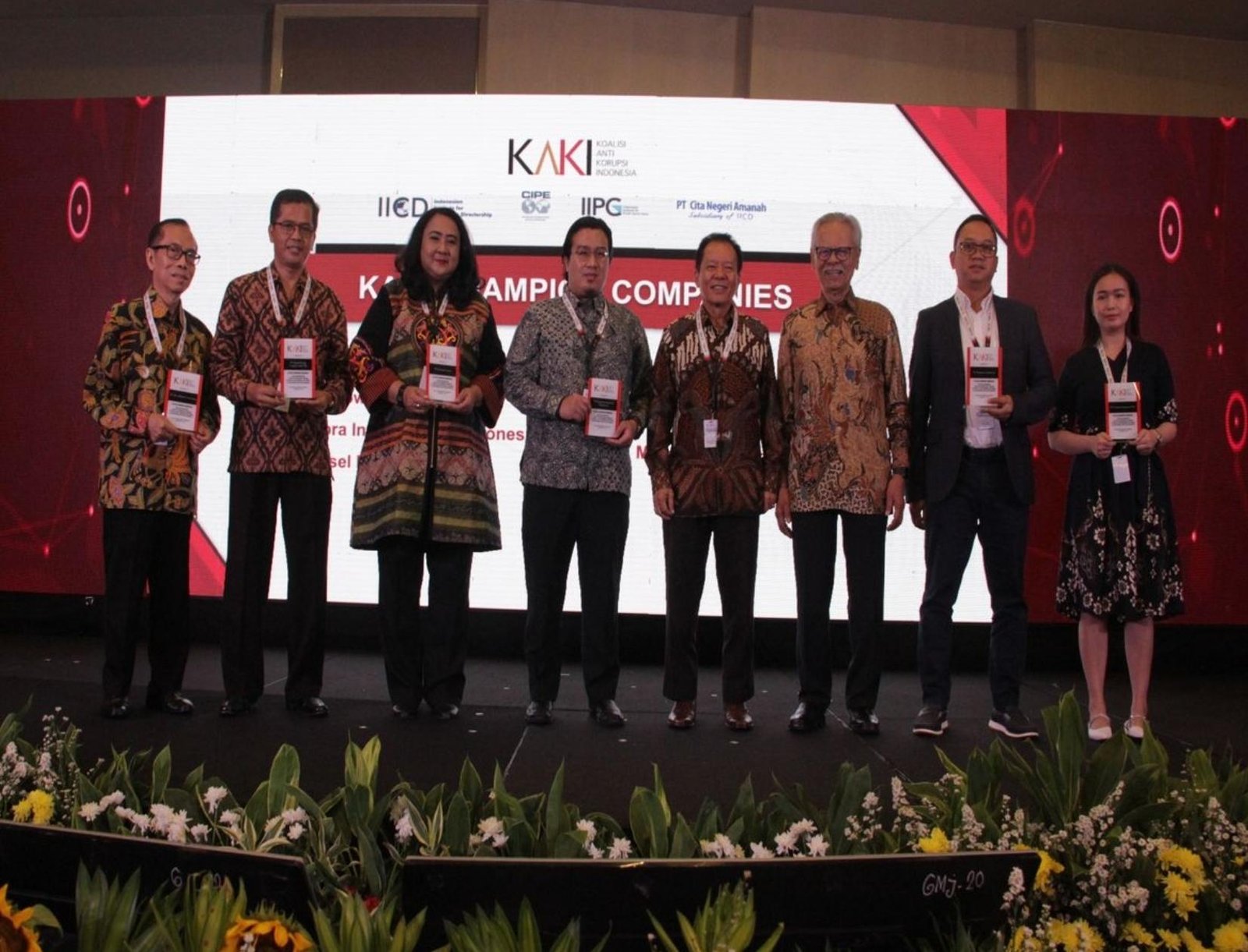
Strengthening Business Integrity: Creating a Sustainable Economic Community in the ASEAN Indo-Pacific Region - KAKI Koalisi Anti Korupsi Indonesia
Embedding Integrity as Economic Infrastructure: The Role of KAKI in Shaping Corporate Conduct Across the ASEAN-Indo Pacific Region
Amid a global economy undergoing systemic transformation, corporate integrity has quietly but forcefully reasserted itself as an operating principle—no longer relegated to the domain of compliance officers or CSR committees, but occupying the boardroom as a key strategic asset. Across Southeast Asia and the Indo-Pacific, this redefinition of ethics is not only taking root—it is becoming codified.
The Koalisi Anti Korupsi Indonesia (KAKI), a cross-sectoral coalition established to institutionalize business integrity, has emerged as a model for this shift. Its Symposium, held in Jakarta on 27 September 2023, became a convergence point for multiple governance traditions, economic agendas, and organizational perspectives—brought together by a shared recognition that growth without integrity is unstable by design.
Hosted under the theme “Strengthening Business Integrity: Creating a Sustainable Economic Community in the ASEAN Indo-Pacific Region,” the symposium marked more than just a ceremonial milestone. It reflected the coalition’s growing regional relevance, not merely as an anti-corruption watchdog, but as a policy-shaping, standards-setting ecosystem that engages with both state and market forces.
At the center of the forum was Erry R. Hardjapamekas, a figure whose decades-long contribution to governance reform has bridged the public-private divide. His framing of integrity as “economic infrastructure” captured the pivot underway: from reactive compliance to proactive alignment, from fragmented safeguards to institutional convergence. It is a vocabulary that resonated with regulators, investors, corporate leaders, and civil society alike, each facing different exposure, but bound by a common vulnerability to trust erosion.
The symposium did not dwell on abstract notions of virtue. Instead, it surfaced frameworks, operational strategies, and ecosystem solutions that companies across sectors have begun deploying. Among the companies that contributed substantively were PT Binaman Utama (PPM Manajemen), PT Mahadana Dasha Utama, PT Hexindo Adiperkasa Tbk, and PT Supra Internasional Indonesia—the latter being both a founding member of KAKI and an active proponent of integrity-based corporate governance in export-oriented sectors.
What differentiated these firms was not the industry they belonged to, but the integration of ethical decision-making within core operational processes, ranging from procurement protocols and vendor screening to whistleblowing mechanisms and board-level risk ownership. These were not optics, they were systems.
Regulatory endorsement at the symposium added critical policy ballast. Indonesia’s Minister of Cooperatives and SMEs, Mr. Teten Masduki, emphasized the role of state institutions in reinforcing integrity across small and medium-sized enterprise (SME) ecosystems. He called for incentives that reward ethical behavior and penalize circumvention, particularly in markets where informal norms and political proximity often dictate economic outcomes.
International alignment added further dimensionality. Prof. Dr. Ong Kian Ming, Malaysia’s former Deputy Minister of International Trade and Industry, drew connections between anti-corruption architecture and regional investment performance. In his words, “Ethical certainty is fast becoming a qualifying condition for integration into global value chains.”
Cynthia Gabriel, Executive Director of Malaysia’s C4 Center, highlighted that integrity is not simply internal to organizations, it is co-produced by civil society, regulators, and media. She warned against the danger of superficial reforms, arguing that disclosure without accountability is structurally insufficient.
Major corporates from Indonesia, including Freeport Indonesia, Eureka, and Indika Energy, also shared sectoral insights, illustrating how high-risk industries, particularly those involving natural resource governance, cannot afford reputational opacity in an era of ESG-driven capital markets. Their contributions reflected a shared understanding: integrity is not a PR strategy; it is a license to operate.
For newer entrants to the coalition, the value lies in formal certification mechanisms, not as a stamp of approval, but as a disciplined process for identifying organizational blind spots. As KAKI’s integrity framework matures, it serves not just as a gatekeeper for ethical conduct, but as a data-generating infrastructure that supports benchmarking, regional comparability, and forward-looking risk assessment.
While KAKI itself remains grounded in the Indonesian context, its structure echoes international models such as the OECD’s Anti-Bribery Convention, the ISO 37001 Anti-Bribery Management System, and various UNGC and WEF-led accountability initiatives. Its ability to maintain agility, while forging deep partnerships across civil society, government, and business, positions it as an emergent regional standard.
Share:
Jika Anda menghadapi tantangan dalam air, limbah, atau energi, SUPRA siap mendukung. Tim kami membantu meningkatkan keandalan, memastikan kepatuhan, meningkatkan efisiensi, dan mengendalikan biaya. Bersama, kita menentukan fase layanan lifecycle yang paling sesuai untuk kebutuhan proyek Anda.
